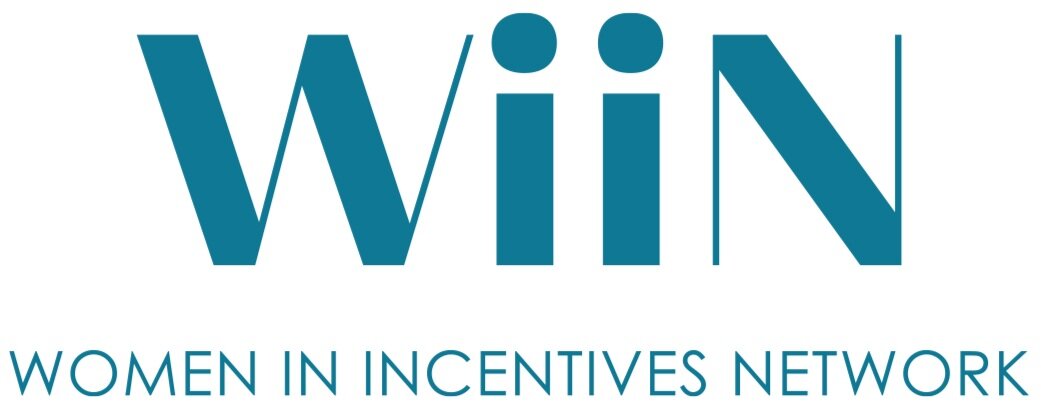Rx for Better Health: Take a Vacation!
Have you left vacation time on the table?
Many employees do. A change of scenery, taking time off to think about something other than work is good for your health - and for your employer! Paid time off can differ greatly by company and by country.
Here’s how it’s done in the U.S.:
It’s estimated that according to the U.S. Travel Association in the United States,
768 million vacation days have gone unused. The U.S. is deservedly known as “the no-vacation nation”. In fact, for small businesses in the U.S., paid time off (PTO) is not required of employers and 31% of employees do not have any PTO. Of those that do take their allotted time off, 52% report working while “off”! Federal employees receive an average of 11 days of paid time off and 8 days of sick leave. Non-government employees average 7.6 paid Holidays. Only 17% of employers offer paid parental leave, while 89% offer unpaid parental leave. Even with these figures, over 50% of U.S. workers do not take all of their vacation time. No wonder U.S. employees are regarded as workaholics!
Here’s how the rest of the world does it:
Most other countries balance work with their personal lives a little better. The global average of total paid time off is 18.2 days (Resume.io) Iran offers the highest number of paid vacation/Holidays at 53 days.
Here are the 10 countries offering the most total paid vacation days (Holidays, sick days and other paid time off combined):
Iran: 53
San Marino: 46
Yemen: 45
Andorra: 44
Bautan: 44
Bahrain: 44
Togo: 43
Niger: 43
Madagascar: 43
Monaco: 42
What’s so great about vacation time?
Benefits for the employees include:
Improved overall health. Workers who take vacation time to recharge have a lower risk of stroke and heart disease.
Improved mental well-being. Employees who spend at least 120 minutes/week outdoors experience less stress and better health overall.
Gain new perspectives. A change in venue and a break from work often results in a renewed mindset and encourages new ideas.
Improved sleep. A New Zeeland Air study found that after a vacation, employees gained 3 times more good quality sleep, and performance improved by 82%.
Benefits for the employers include:
Employees who take a real break from work perform better, have better mental and physical health, therefore reducing company health care costs.
Improved employee engagement and attitudes. When employees are encouraged to use vacation time (and not work while they’re off!), absenteeism is reduced, they get along better with co-workers and remain more engaged in their work.
When employees take vacation time, employers have the opportunity to cross-train employees while others are off so they’re prepared in the event of an emergency or unplanned absence.
Improved company culture. Employees feel supported in the workplace when encouraged to take time off to recharge.
Why Don’t Employees Take Their Allowed Vacation Time?
Some employees report that they have too much work to do and no one can do it (or do it as well!) in their absence; they don’t want to come back to a pile of work that they’ll need to catch up. Others report feeling guilty that a co-worker will need to do their job while they’re off. Some feel that their boss will think they lack dedication. Others fear that they might be replaced while they’re on vacation. A full 68% say they don’t plan to leave town to take a vacation because they can’t afford it.
What’s the solution?
The tone is set from the top. Company leaders can set an example by taking all of their allotted vacation time, and by encouraging employees to do the same. Managers and company leaders can reassure employees that they are not risking their job by taking time off to recharge - in fact, they’ll come back at a higher performance level. Burn-out is a real thing and can be avoided.
For the 68% of employees who say they can’t afford to take a vacation, there is a perfect opportunity for companies to include trips, tickets and other travel incentives or experiences in their performance improvement programs.
Finally, when employees don’t take vacation time, they’re hurting the economy! In the U.S. there’s actually a National Plan Your Vacation Day. Beat the rush, make your contribution to the economy and to your own health and well-being and plan that next vacation before January 30, 2024!
Written By WiiN Member_ Barb Hendrickson


